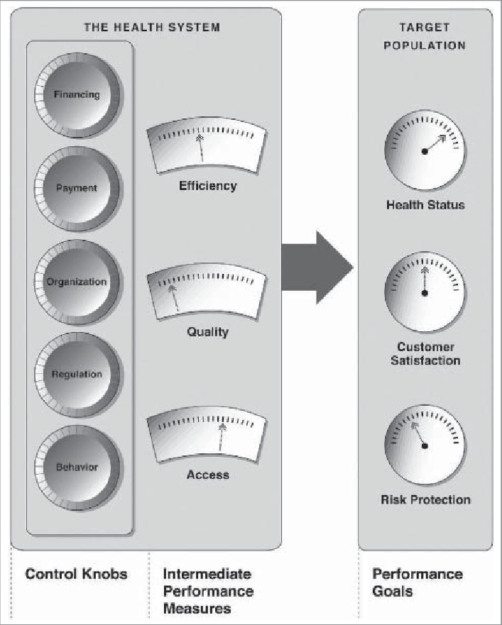Overview
Conducting evidence-based health system diagnosis is critical for designing health reforms. How well a health system performs is assessed by how well it has achieved its end goals and intermediate outcomes. This session will present the conceptual framework and the systematic process to conduct such health system assessment and diagnosis. This is the first session in a series about Health System Assessment, and will lay the foundation for the topics that will follow. Opening comments from IHSC leadership as well as a keynote from Dr. Rakesh Sarwal, Additional Secretary for Agriculture, Energy, and Health, Nutrition & WCD at NITI-Aayog, underscore the value of helping researchers and practitioners with the practical task of undertaking health system assessments and using evidence to eventually design health system reforms. By examining goals and intermediate outcomes, and the underlying causes of good/poor performance, researchers and reformers can support the diagnosis of health system problems and generate evidence-based solutions that improve health system performance.
Rooted in the Control Knob framework (Roberts, et al., 2008, Getting health reform right: a guide to improving performance and equity), and drawing on practical examples from India as well as other countries, the session will discuss:
- Measuring health system performance, including the ultimate goals of the system (health status, financial risk protection, and citizen satisfaction), and its intermediate outcomes (access, efficiency and quality).
- Based on the findings from this step, analyzing the underlying causes of the performance as they relate to different key levers of the health system.
This session is intended to help researchers and practitioners with the practical task of undertaking health system analysis, and eventually health system reform. By examining goals and intermediate outcomes, and the underlying causes of good/poor performance, researchers and reformers can support the diagnosis of health system problems and generate evidence-based solutions that improve health system performance.
Experience This Session
- View presentation slides here: HSA Session 1.
- Watch seminar session here.
